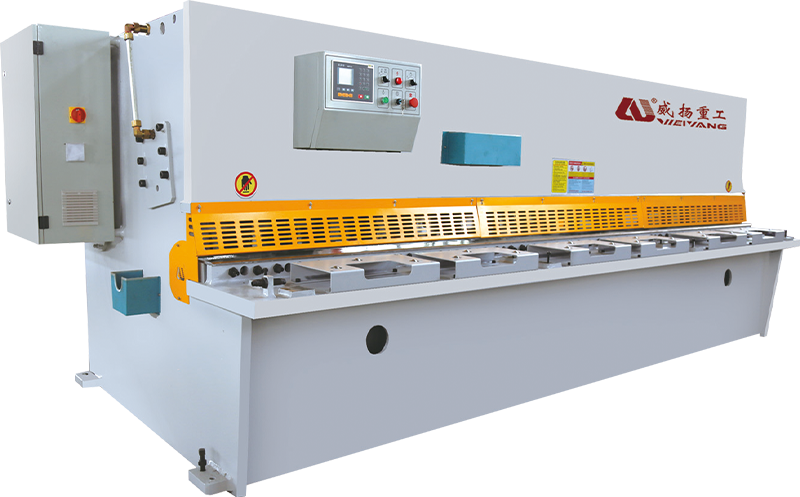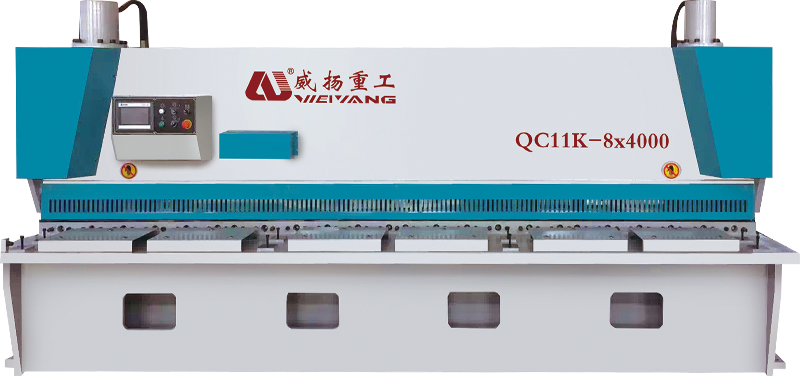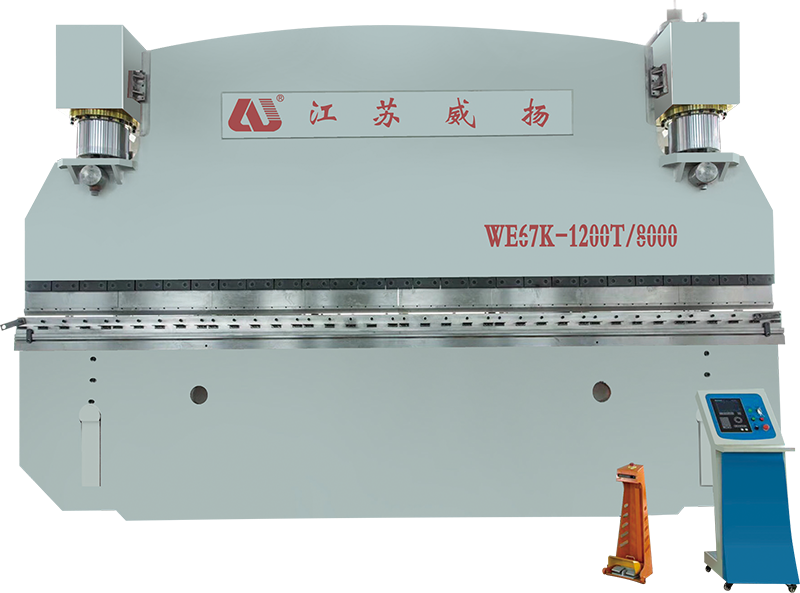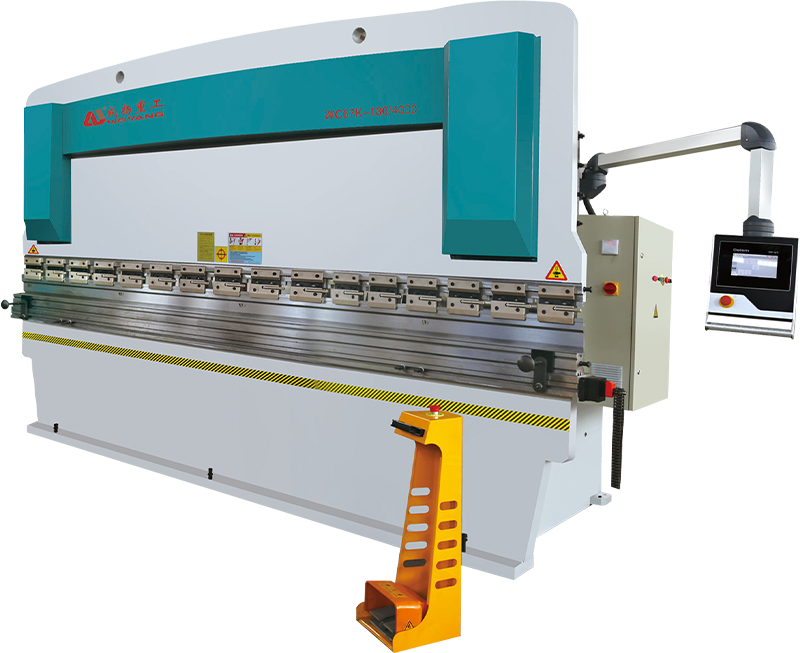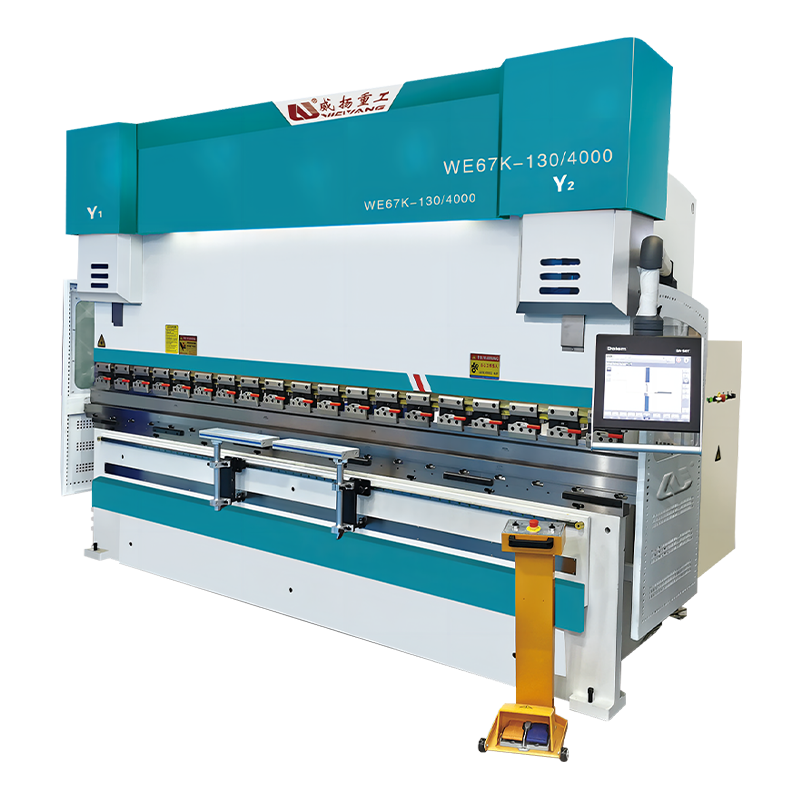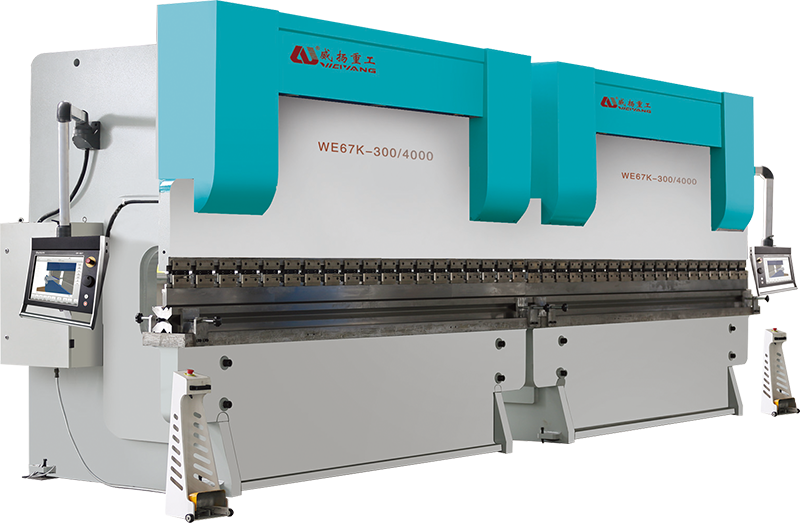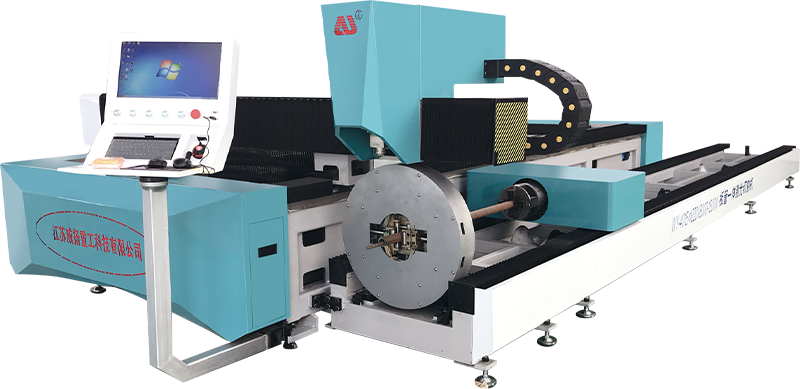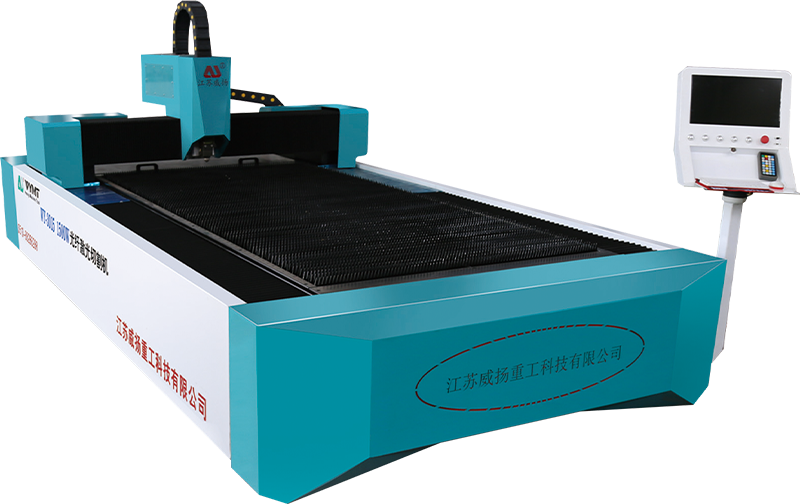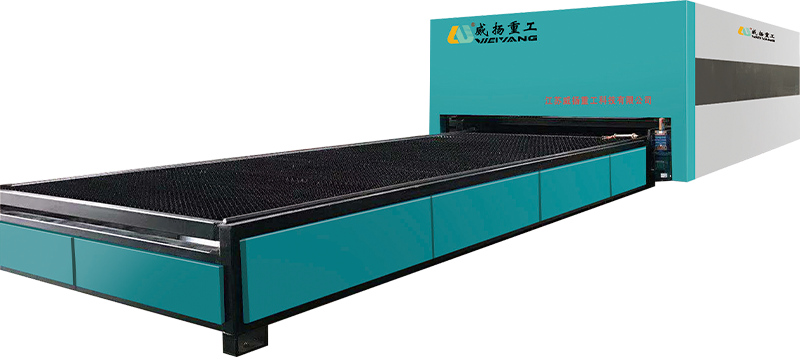What are the key factors to consider when selecting a CNC Rolling Machine for large-scale metal fabrication projects?
1. Material Type and Thickness
The material you are rolling is a fundamental consideration when selecting CNC Rolling Machine. Different metals have distinct physical properties, such as hardness, tensile strength, and ductility, which directly impact the rolling process.
-
Material Compatibility: Certain CNC Rolling Machines are better suited to specific materials, such as mild steel, stainless steel, aluminum, or exotic alloys. The choice of machine should match the material requirements of your operation. Machines that feature adjustable settings or specialized rollers can accommodate a broader range of materials, from soft metals to harder materials that require higher pressure to roll.
-
Material Thickness: Machines vary in their capacity to handle different material thicknesses. Some CNC Rolling Machines can accommodate thicker materials, up to several inches, while others may be more suitable for thinner materials. It’s essential to choose a machine that offers enough capacity and flexibility to handle the largest pieces your operations will require. If you plan to roll materials of varying thicknesses, look for machines with adjustable roller positions and settings to manage these variations effectively.
Consideration: To ensure consistent and high-quality results, evaluate the machine’s ability to handle the full range of materials and thicknesses required by your projects. Machines with adjustable settings and customizable rollers provide greater flexibility.
2. Roller Capacity and Size
The roller size and capacity of a CNC Rolling Machine are critical for determining the maximum dimensions and types of material that can be processed. This factor will influence both the physical size of your workpieces and your production rate.
-
Roller Diameter: The diameter of the rollers is crucial in determining the machine’s ability to handle large metal sheets or pipes. Larger diameter rollers apply greater pressure over a larger surface area, enabling the machine to roll thicker and heavier materials without compromising the quality of the bend.
-
Bending Length and Size: The maximum length of material the machine can handle is another essential factor. For large-scale fabrication projects, you may need to roll long sheets, pipes, or plates. CNC Rolling Machines come in various configurations to accommodate different bending lengths, and selecting one with the appropriate length capacity will ensure that you can handle the sizes of materials used in your projects.
Consideration: Select a CNC Rolling Machine with a roller size and bending length capacity that matches the dimensions of the largest materials in your project. Ensure the machine can handle the required pressure without excessive deformation.
3. Precision and Tolerances
In large-scale fabrication projects, precision is paramount. CNC Rolling Machines are prized for their ability to maintain tight tolerances throughout production, which significantly reduces the risk of errors and scrap.
-
Tight Tolerances: CNC Rolling Machines are designed to deliver precise and repeatable results over large production runs. Maintaining consistent bend angles, radii, and dimensions is critical in industries such as aerospace, automotive, and construction, where deviations can lead to performance issues or the need for costly rework.
-
Advanced Feedback Systems: High-end CNC machines feature laser alignment systems, position encoders, and closed-loop feedback mechanisms to monitor the exact position of the rolls during operation. This allows the machine to make adjustments in real-time, ensuring that the rolled material consistently meets the specified tolerances without manual intervention.
Consideration: When selecting a machine, evaluate its ability to handle tighter tolerances and maintain consistent quality over long production runs. Machines with real-time adjustment systems will help ensure uniformity and reduce material waste.
4. Control Systems and Software
The control system of a CNC Rolling Machine is arguably one of the most important aspects of the machine's performance. The system not only automates the rolling process but also provides flexibility and precision in operation.
-
User Interface and Programming Ease: CNC Rolling Machines typically come with intuitive control interfaces that enable operators to program rolling operations easily. These machines often feature touch-screen displays and graphical user interfaces (GUIs) that simplify programming. A user-friendly system allows for quick adjustments and minimizes human errors in programming.
-
Software Compatibility: Advanced CNC Rolling Machines are often compatible with CAD/CAM software, which allows for the direct transfer of design files into the machine. The ability to import digital designs for automatic processing reduces the risk of errors that can arise from manual data entry or inconsistent material measurements. Furthermore, software programs can provide data logging, track maintenance schedules, and ensure machine diagnostics.
Consideration: Look for machines with advanced control systems that offer flexibility, compatibility with existing design software, and easy-to-understand interfaces. Systems that support automatic parameter adjustments based on material characteristics can enhance productivity and precision.
5. Power and Speed
The power and speed of the CNC Rolling Machine directly influence the throughput and efficiency of your production line. For large-scale fabrication, these two factors must be balanced with the demands of your project to optimize performance.
-
Motor Power: Machines with more powerful motors provide the force necessary to bend and shape thicker materials. Machines equipped with high-torque motors are better suited for handling harder metals or larger workpieces. The motor power will also impact the speed at which the machine operates, as more power enables the machine to work faster without compromising on performance.
-
Variable Speed Control: The ability to adjust the speed of the rolling process is crucial for ensuring material quality and efficiency. Faster speeds are beneficial for rolling thin materials, but slower speeds may be necessary when working with thicker or harder materials to avoid damaging the metal or compromising the bend quality.
Consideration: Opt for a CNC Rolling Machine with adequate motor power to handle your material requirements and adjustable speed settings for optimal efficiency across different materials and thicknesses.





